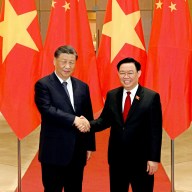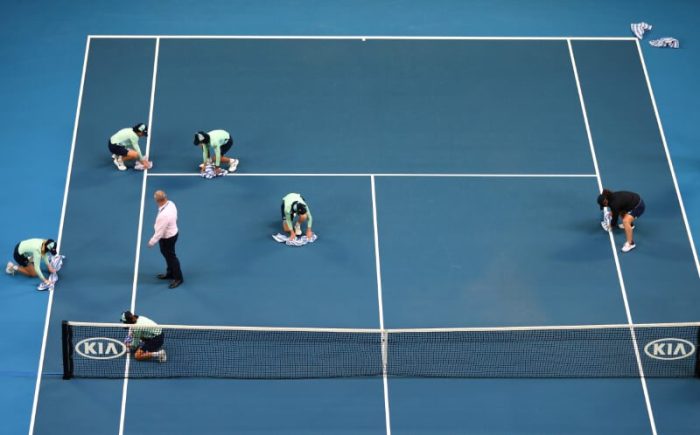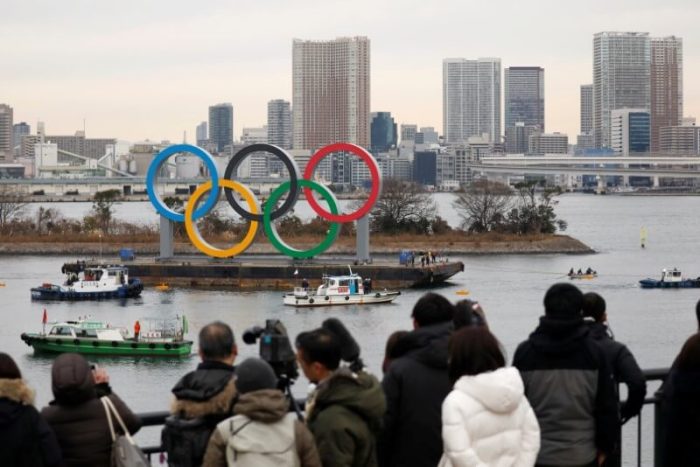By Mitch Phillips
TOKYO (Reuters) – No other team have gone out in the pool stage of one World Cup then bounced back so emphatically that they reached the final of the next one, but that will be no consolation to coach Eddie Jones after England fell at the final hurdle in Japan.
Saturday’s 32-12 defeat by South Africa brought Jones’s four-year rebuilding job to a shuddering halt just 80 minutes from its destination.
It was a meticulous project, and Jones, who has two years left on his contract, may or may not hang around to keep pushing it forward.
It has not been an entirely bump-free road, though it certainly looked that way when Jones won his first 17 games in charge after announcing on arrival that his mission was the make England the best team in the world.
That run included their first Six Nations Grand Slam since 2003 and a hugely impressive 3-0 series win in Australia.
It came to an end with defeat in Ireland in the final game of the 2017 Six Nations, but seven more wins followed.
Then came the dip – possibly the most important spell of Jones’s whole tenure – when a rare loss to Scotland triggered a five-match losing streak into June 2018.
Suddenly the master could not stop the rot, his faith in underperforming players became stubbornness and the media questions began. Jones, however, was utterly unconcerned.
England ended their dry spell by winning the third of three tests in South Africa, beat them again on home soil and then, finally, for the first time in four years, faced the ultimate test against New Zealand a year ago.
England lost by a point, but only a marginal TMO call robbed them of victory, and suddenly people started to sit up and take notice.
STAGING POINTS
Anyone still wavering would not have been three months later when they went to Dublin to face a high-flying Ireland team and tore them apart.
“I would trace this success back to that Ireland game where they went there on the back of being walloped a few times and dismantled that Irish side,” Lawrence Dallaglio told Reuters.
“I think that was the moment a lot of people thought, ‘wow, this team could go to Japan and really do something’.”
Jones has also pointed to subsequent games in that Six Nations championship as important staging points – the defeat in Wales and the extraordinary 38-all draw with Scotland where England had led 31-0.
It looked as if their weakness had been exposed – an inability to change their game, stop a momentum swing or deliver a plan B. Jones immediately accepted there was a “psychological issue” but was entirely confident that he could fix it.
Ahead of the final on Friday, lock George Kruis said: “We looked at some of our previous games where there had been some (mental) issues and we’ve come through that. To see it targeted and then see the progression, it has been brilliant for us because we’ve really put some work into it.”
By the time they arrived in Japan the England’s players were riding a wave of self-belief, which grew with every pool-stage victory.
Then the real thing started, and how they rose to the task. Initially defending with amazing resilience, they eventually swept past Australia to set up the match against the All Blacks Jones had his eye on since the draw was made two and a half years ago.
They not only won it, they crushed them. Pundits worldwide were united in acclaiming it as one of the best England performances of all time, if not the very best.
New Zealand could have had no complaints if it had been 30-0, such was England’s utter dominance of a team which had not lost a World Cup match for 12 years.
Then came the final, and it was England’s turn to be blown aside. Afterwards, Jones said he just could not explain it.
England, for the last week of the tournament, had topped the world rankings for the first time in 15 years but for Jones that was a mere technicality. Mission unaccomplished.
(Editing by Ken Ferris)

















